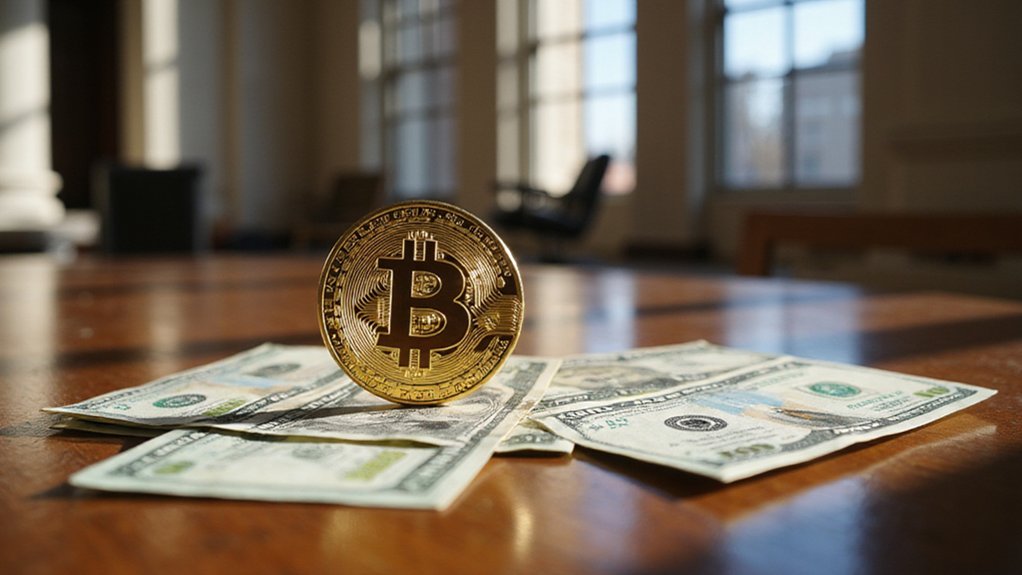Brazil is preparing to wade into uncharted monetary waters, with its lower house scheduling a public hearing for August 20, 2025, to debate whether the nation should allocate up to 5% of its $300 billion international reserves—a potentially staggering $15 billion—to Bitcoin through the proposed Sovereign Strategic Bitcoin Reserve (RESBit).
Federal Deputy Eros Biondini‘s November 2024 bill represents either visionary financial strategy or spectacular governmental overreach, depending on one’s tolerance for volatility that can swing 30% in a single day. The proposal mandates joint management by the Central Bank and Ministry of Finance, with Bitcoin stored in cold wallets and criminal penalties for mismanagement—because apparently nothing says “sound monetary policy” like cryptocurrency custody protocols.
Pedro Giocondo Guerra, chief of staff to Vice President Geraldo Alckmin, has enthusiastically endorsed Bitcoin as “digital gold,” though traditional gold rarely experiences the psychological warfare that defines crypto markets. The initiative positions Brazil among nations exploring sovereign digital reserves, following precedents in Texas, France, and Kazakhstan—a geographically diverse coalition united by their willingness to treat speculative assets as monetary anchors.
Proponents argue Bitcoin offers diversification beyond US Treasuries while hedging against Brazilian real devaluation and inflation. The gradual purchase strategy acknowledges market impact concerns, though “gradual” remains relative when discussing $15 billion deployments in notoriously illiquid markets. Brazil’s unique position with over 80% of electricity from renewable sources could enable sustainable Bitcoin mining operations to generate additional revenue.
Opposition centers on legitimate concerns about Bitcoin’s appropriateness as a reserve asset. Nilton David, the Central Bank’s monetary policy director, has voiced strong opposition, citing risks that could undermine monetary credibility. Critics question whether assets known for extreme volatility belong in portfolios designed for stability and liquidity. The institutional adoption of Bitcoin has gained momentum in 2025, bolstered by regulatory clarity across various jurisdictions worldwide.
The August hearing will feature six key institutions, including banking representatives, fintech advocates, and crypto groups—ensuring perspectives range from cautiously skeptical to evangelically optimistic. Should the bill navigate both houses of Congress and presidential approval, lawmakers face a 180-day implementation window.
Brazil’s Bitcoin gamble reflects broader tensions between financial innovation and prudential oversight. Whether this represents prescient diversification or expensive experimentation depends largely on Bitcoin’s future trajectory—a variable that has historically defied prediction with remarkable consistency.





